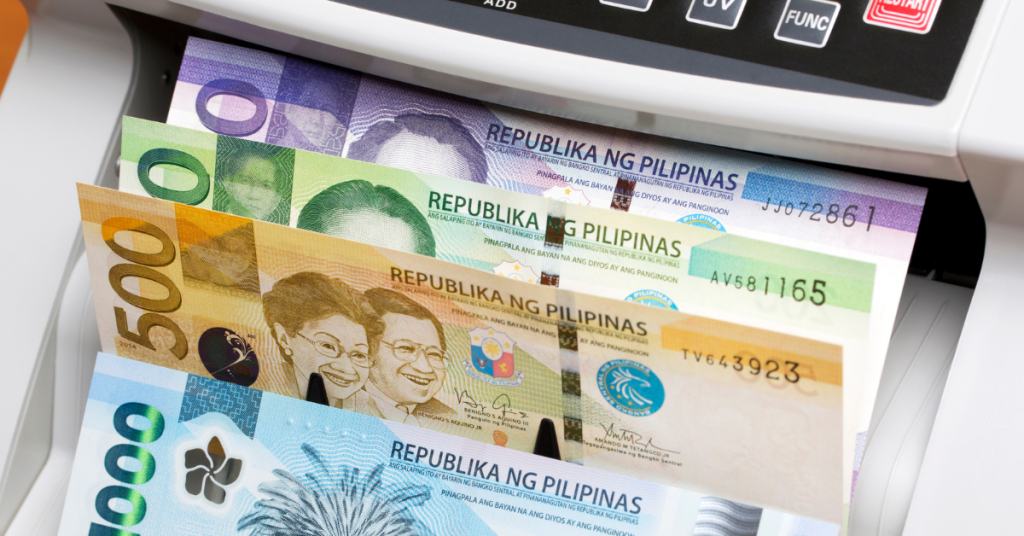For decades, when Filipinos needed extra cash, the first stop wasn’t a bank — it was family or friends. Borrowing from loved ones has been part of the culture, rooted in pakikisama and community support. But new data shows that’s beginning to change.
The 2025 TransUnion Credit Perception Index (CPI) reveals a major shift: fewer Filipinos are turning to personal networks for loans, and more are heading to formal financial institutions instead. Borrowing from family and friends dropped by nine percentage points, while borrowing intent from banks jumped by +15 points and virtual banks by +9 points
That’s a cultural shift worth paying attention to.
Why Filipinos Are Moving Away From Borrowing From Friends
Borrowing from family or friends used to feel safe and simple. No forms, no interest rates, no credit checks. But the downsides are obvious:
Strained relationships. Mixing money with family often leads to conflict, especially when repayment is delayed.
Limited access. Not everyone has relatives who can lend, and loans are often too small to cover bigger needs like tuition, healthcare, or business capital.
Unreliable terms. Informal agreements lack structure, making repayment uncertain and stressful for both borrower and lender.
As financial needs grow more complex, many Filipinos realize that personal networks can’t always fill the gap.
Why Banks and Virtual Banks Are Gaining Ground
The CPI shows that more Filipinos are choosing to borrow from formal institutions, and here’s why:
Bigger loan amounts. Banks can provide financing for major expenses like education, cars, or home improvements — something family loans rarely cover.
Clear repayment terms. Even if interest rates are high, formal credit comes with set timelines and contracts, reducing uncertainty.
More accessible options. Virtual banks and digital platforms are making applications easier, faster, and less intimidating. For younger Filipinos, app-based borrowing feels natural.
Improved trust. Trust in credit products rose by six points this year, reflecting that Filipinos are more open to engaging with formal financial systems
The Bigger Picture: A Shift in Financial Culture
This isn’t just about borrowing money — it’s about how Filipinos view financial responsibility. Turning to banks instead of family signals:
Independence. Borrowers want to manage obligations on their own terms, without the emotional baggage of owing relatives.
Confidence in the system. Despite concerns about high interest rates and fraud, the rise in borrowing intent shows faith in financial institutions is growing.
Generational change. Younger Filipinos, especially Gen Z and Millennials, are leading the move toward digital banks and FinTech apps, while older generations still lean on traditional banking channels.
What This Means for Filipino Families
This trend could reshape how money flows in households. Instead of circulating loans informally within families, more Filipinos are formalizing their credit relationships with banks. That shift has pros and cons:
Pro: Clearer, more structured credit access can help families plan better and avoid conflicts.
Pro: Access to larger loan amounts may fuel education, entrepreneurship, and investments.
Con: Without proper financial literacy, borrowers risk falling into debt traps with high-interest loans.
The Bottom Line
The way Filipinos borrow money is changing fast. Fewer people are asking help from family and friends, while more are relying on banks and even virtual banks.
It’s a sign of a maturing financial culture — one where trust in institutions is catching up with the convenience of community lending.
For lenders, the opportunity is clear: simplify processes, protect against fraud, and make borrowing more transparent. For borrowers, the message is simple: understand the costs, borrow wisely, and use credit as a tool — not a trap.
Because in today’s Philippines, borrowing is no longer just about utang na loob. It’s about building a stronger, more independent financial future.
![]()



